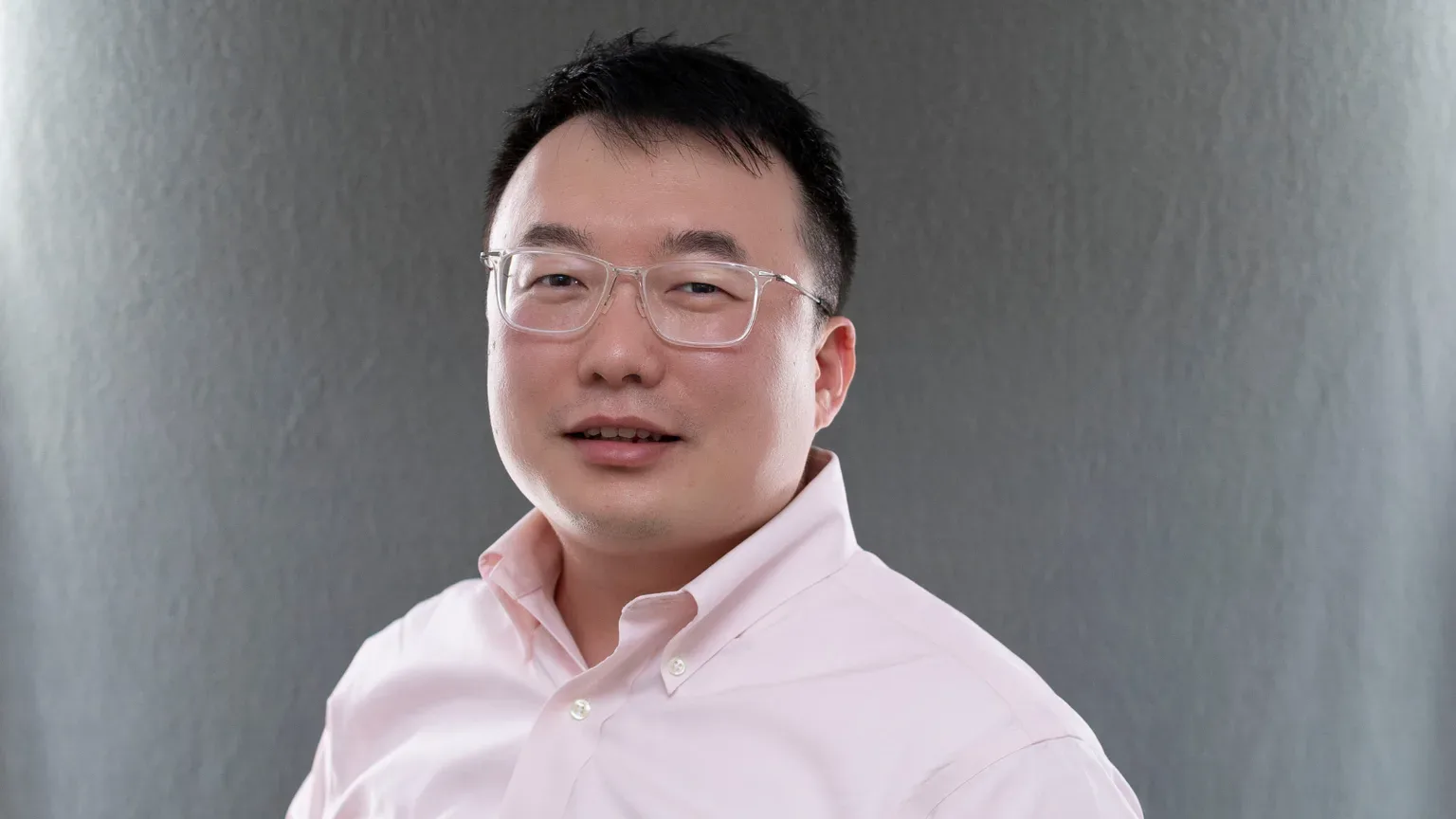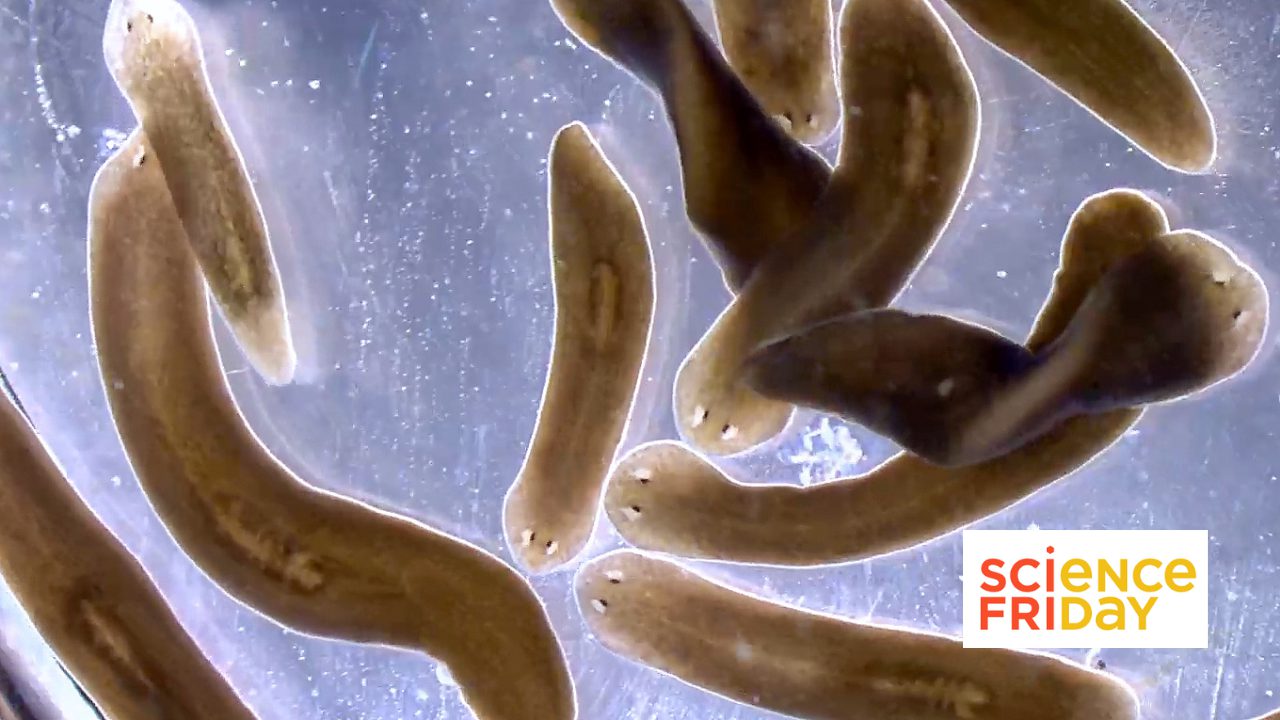In The News

07 January 2026
Investigator Kamena Kostova, named ‘Cell Scientist to Watch’
From the Journal of Cell Science, Investigator Kamena Kostova named a 'Cell Scientist to Watch'
Read Article
News
Leo Yan, Ph.D., is researching how differences in ribosome composition regulate early development in zebrafish, potentially leading to new insights into human development and disease progression.

Jane Coffin Childs Fellow Leo Yan, Ph.D.
Stowers Postdoctoral Researcher Leo Yan, Ph.D., in the lab of Assistant Investigator Kamena Kostova, Ph.D., was awarded the highly prestigious Jane Coffin Childs Memorial Fund Fellowship in 2022. The three-year grant is now facilitating Yan’s research into how differences in ribosome structure regulate early development in zebrafish, which may lead to insights into human development and disease progression.
The Jane Coffin Childs Memorial Fund for Medical Research (JCC Fund) was established in 1937 to honor the memory of Jane Coffin Childs who died of cancer in 1936 by supporting research on the causes and treatment of cancer. Since then, the fund’s mission has broadened to support foundational biological research that advances our understanding of causes, treatments, and cures for human disease.
The Kostova Lab’s research focuses on the dynamic nature and composition of ribosomes—the tiny machines that make proteins—and how ribosomes can break down, leading to disease. The lab recently relocated from the Carnegie Institution for Science to the Stowers Institute, and Yan, who credits Kostova for inspiring his research trajectory, followed along.
“With the generous support from the JCC Fund, the Carnegie Institute, and the outstanding research community at the Stowers Institute, I'm eager to complete and publish our lab’s findings on the role ribosome diversity plays in embryo development,” said Yan.
The coveted fellowship for exceptional postdoctoral researchers not only covers three years of generous research funding but also involves attendance at an annual conference to promote fellows’ scientific communication and networking skills.
“One of the most rewarding aspects of the JCC Fellowship is the vibrant community and extensive alumni network it fosters,” said Yan. “Through annual symposiums, I've had the chance to meet brilliant peers, exchange ideas, and hear about groundbreaking research that continually inspires my own work.”
Yan describes that his ultimate goal is to translate a broad understanding of how protein synthesis is regulated into novel therapeutic approaches, which can significantly impact human health by addressing diseases like cancer more effectively.
“I'm deeply honored and grateful for this extraordinary opportunity,” said Yan.
In The News

07 January 2026
From the Journal of Cell Science, Investigator Kamena Kostova named a 'Cell Scientist to Watch'
Read Article
#Stowers25: Celebrating 25 Years
06 January 2026
Alejandro Sánchez Alvarado, Ph.D., reflects on a year of discovery, gratitude, and the community that helps support our mission.
Read Article
In The News

01 January 2026
From Science Friday, President and CSO Alejandro Sánchez Alvarado talks about the science of regeneration and the biology lessons we can carry into the new year.
Read Article
